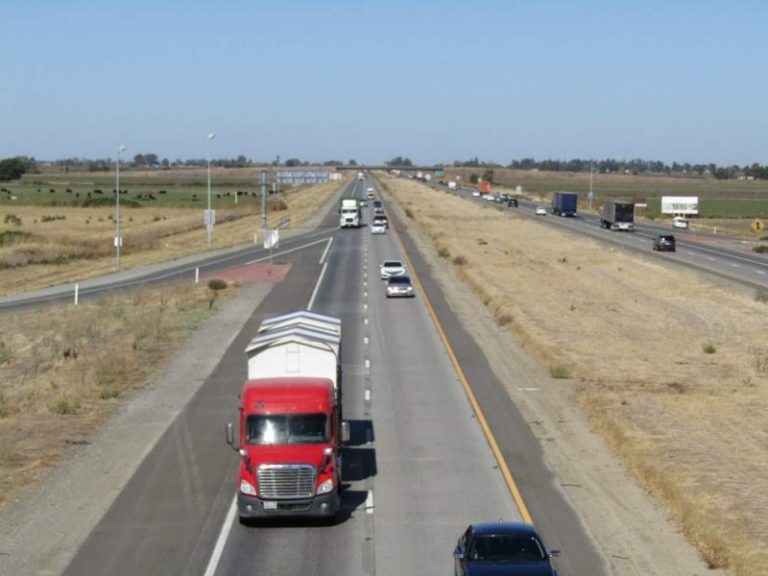Is Driving While Sick With COVID-19 Illegal?
 Although remote work and self-quarantine efforts have become increasingly prevalent in the current coronavirus pandemic, people inevitably need to drive, even while sick at times—whether for groceries, doctor’s appointments, or other pressing errands, not everyone has the option of simply staying home. However, it’s widely known that you can’t drive with certain disabilities or conditions; as such, many sick victims might ask themselves if it’s illegal to be on the road while under the effects of COVID-19. The short answer is no, driving while suffering from COVID-19 (or any other disease) is not inherently illegal; however, depending on your symptoms and driving ability, it might be treated broadly as negligent or reckless driving, which you can be charged for.
Although remote work and self-quarantine efforts have become increasingly prevalent in the current coronavirus pandemic, people inevitably need to drive, even while sick at times—whether for groceries, doctor’s appointments, or other pressing errands, not everyone has the option of simply staying home. However, it’s widely known that you can’t drive with certain disabilities or conditions; as such, many sick victims might ask themselves if it’s illegal to be on the road while under the effects of COVID-19. The short answer is no, driving while suffering from COVID-19 (or any other disease) is not inherently illegal; however, depending on your symptoms and driving ability, it might be treated broadly as negligent or reckless driving, which you can be charged for.
Sickness and Negligent Driving
At least 33% of individuals experience COVID-19’s mental impairments while infected, which can include dizziness, fatigue, impaired thoughts, pain, and other symptoms that can have profound, inhibitory effects on your ability to drive. If any such impairments are interfering with your ability to drive, you’ll be at least partially at fault for any car accident you caused; sickness and negligence are tied together, but not inextricably so. For example, you could be deeply fatigued and pained by COVID-19 while driving, which would have an extreme effect on your ability to drive; however, if your constitution and driving ability let you continue to travel safely, without breaking any laws and while still reacting appropriately to roadway dangers, you’d be doing nothing wrong. However, if you had a coughing fit and either lost control of your vehicle or failed to notice an oncoming car, you’d be at fault for choosing to drive despite the risks your sickness presents to yourself and others. This also goes for any symptoms caused as a side effect of medications you may be taking to help alleviate coronavirus; it’s ultimately a question of whether or not you’re taking steps to be a safe, considerate driver. You know yourself best, so don’t risk the lives of everyone on the road if you’re too sick to drive; stay at home as much as possible as you recover.
Debating Negligence in Arizona Auto Accidents
Under Arizona’s comparative fault laws, your sickness might result in a reduction of your compensation, even if it didn’t actually cause a car accident. In a situation where another driver caused the root of the accident, adjusters could look at your impairment and question whether or not you responded appropriately; if you, say, failed to slow down quickly enough, they could claim that you’re responsible for the discrepancy between real injuries and how they could have been mitigated had you braked rapidly; this would result in you being responsible for a portion of those medical bills (for both yourself and the opposing driver).
If you do get into an Arizona auto accident while under the effects of COVID-19, it’s vital that you talk to a local personal injury attorney as soon as possible. The question of fault is a vague matter with extensive room for debate in most cases, so in general, the better your legal representation, the more favorable your outlook will be for compensation. Schedule a free consultation with an Arizona personal injury attorney at ELG today by calling us at (623) 321-0566; we can take the burden of the car accident claims process off of your hands, giving you time to focus on resting and recovering from your sickness.
Law News Feed
All NewsWho Is Liable for Damages After a Truck Accident?
According to information from the National Highway Traffic Safety Association, more than 2,500 truck accidents occur each year in Arizona. It goes without sayin…
Common Injuries After a Motorcycle Accident
Motorcycle accidents kill or severely injure individuals more frequently than any other type of crash, resulting in immense amounts of suffering and financial d…

